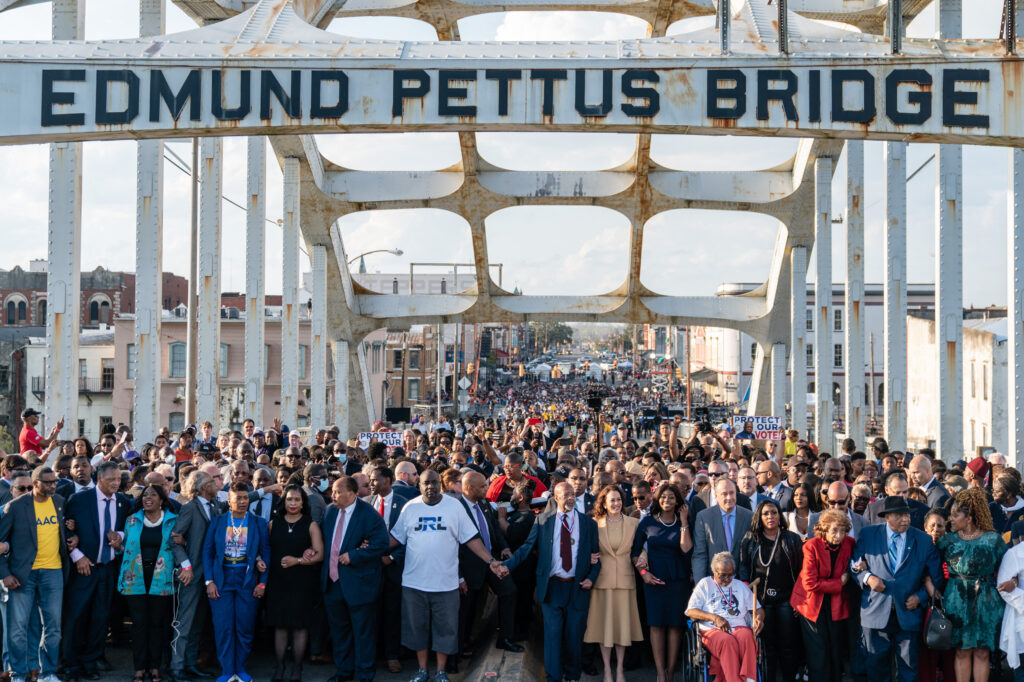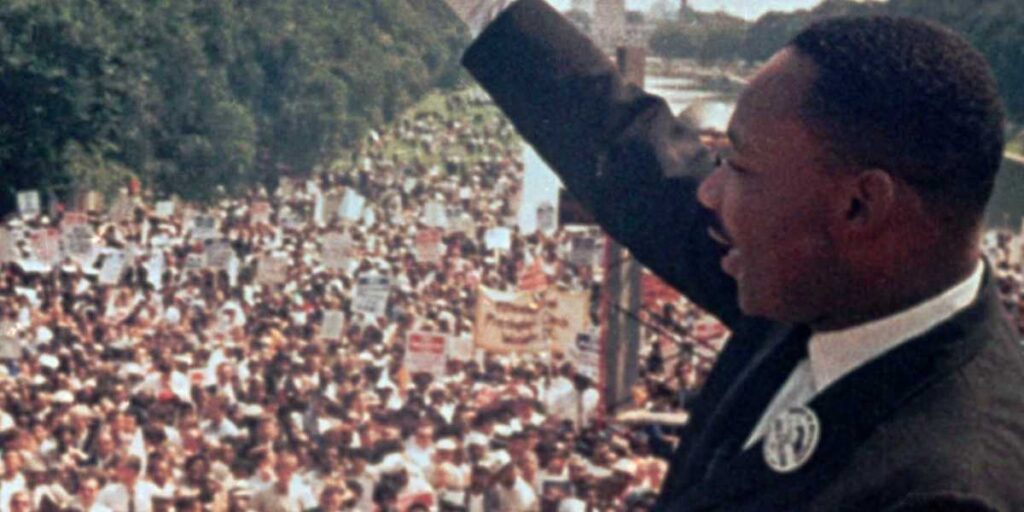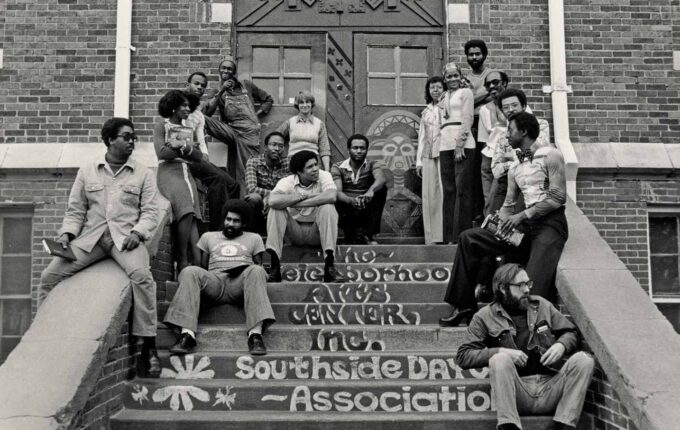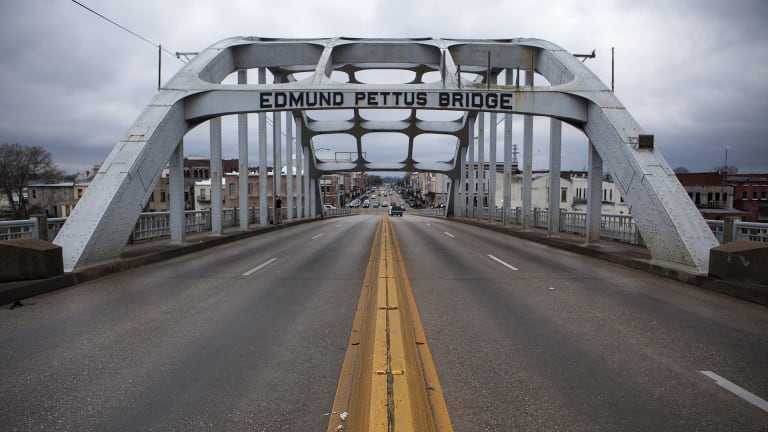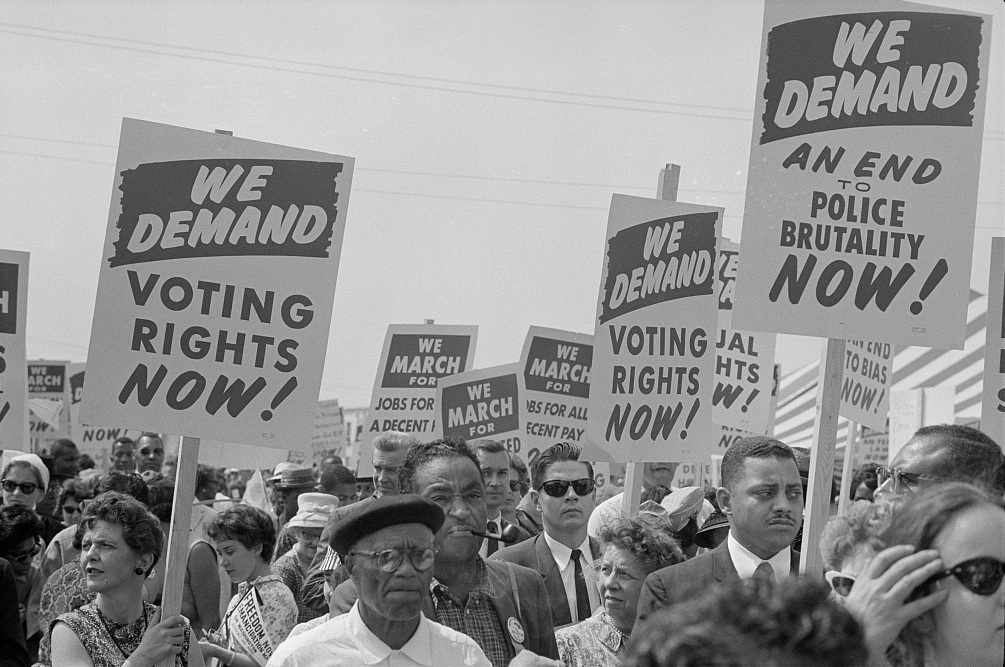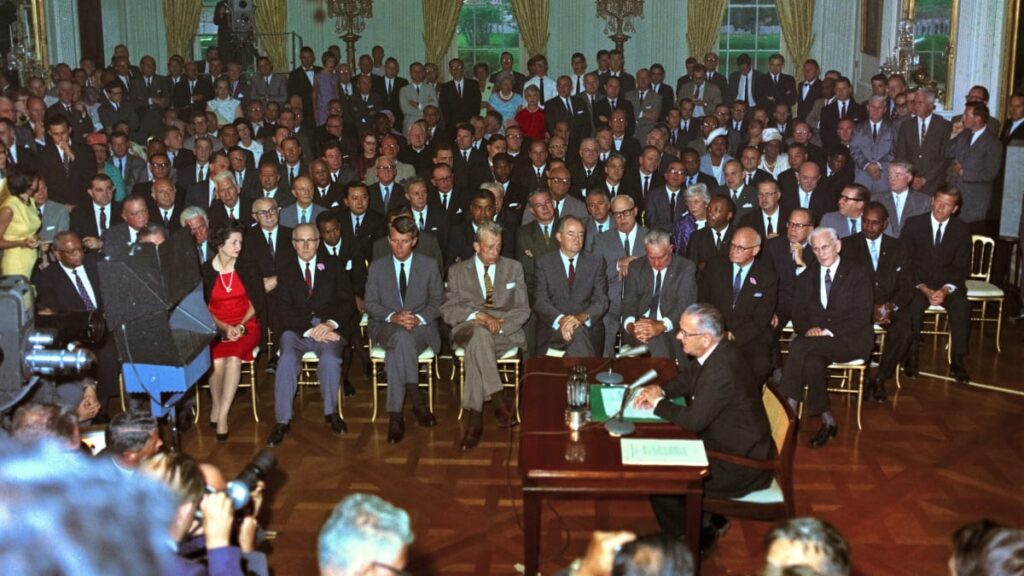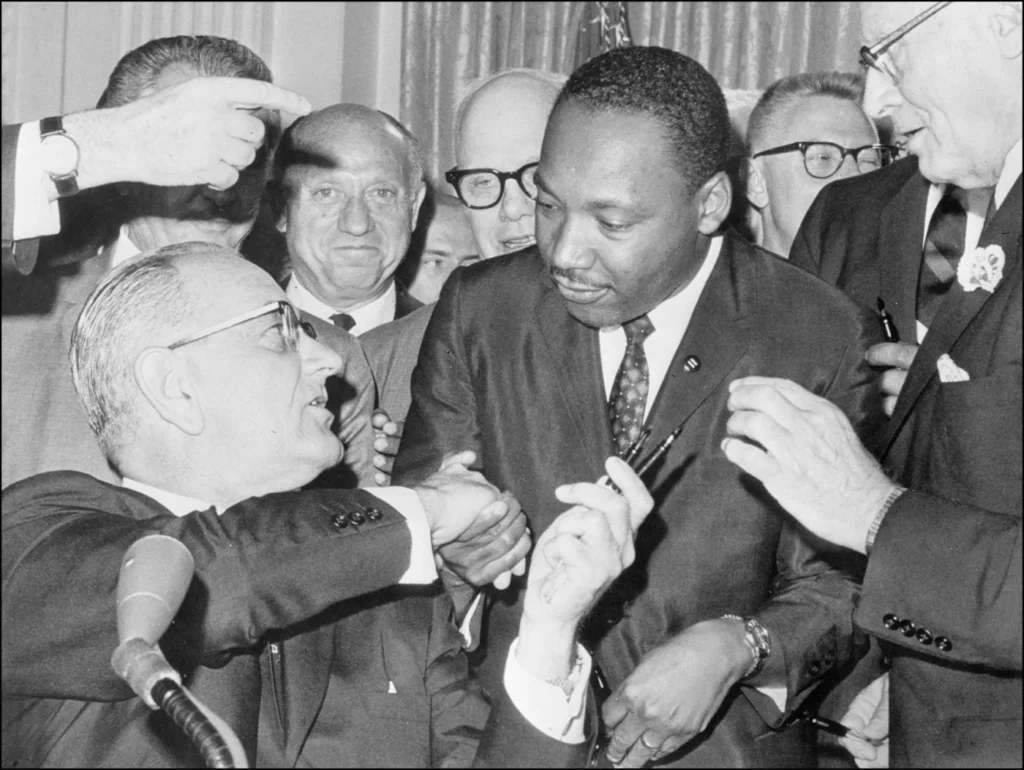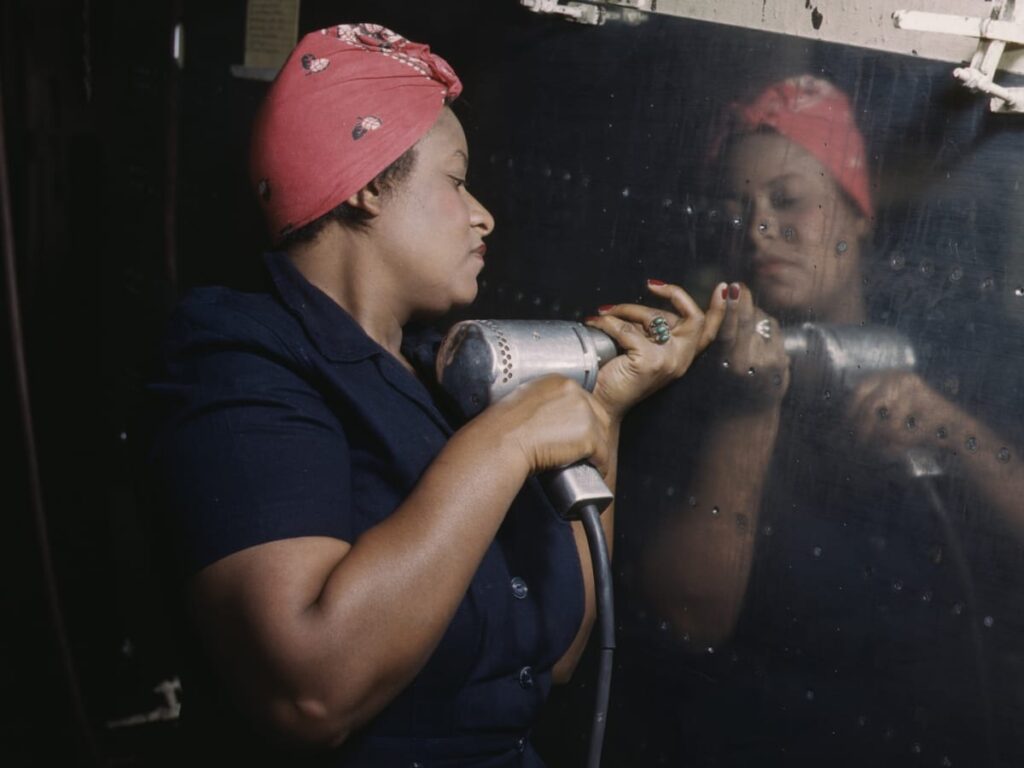It’s Black History Month. Here are 3 things to know about the annual celebration
By Scott Neuman February marks Black History Month, a tradition that got its start in the Jim Crow era and was officially recognized in 1976 as part of the nation’s bicentennial celebrations. It aims to honor the contributions that African Americans have made and to recognize their sacrifices. Here are three things to know about Black History Month: It was Negro History Week before it was Black History Month In 1926, Carter G. Woodson, the scholar often referred to as the “father of Black history,” established Negro History Week to focus attention on Black contributions to civilization. According to the NAACP, Woodson —

